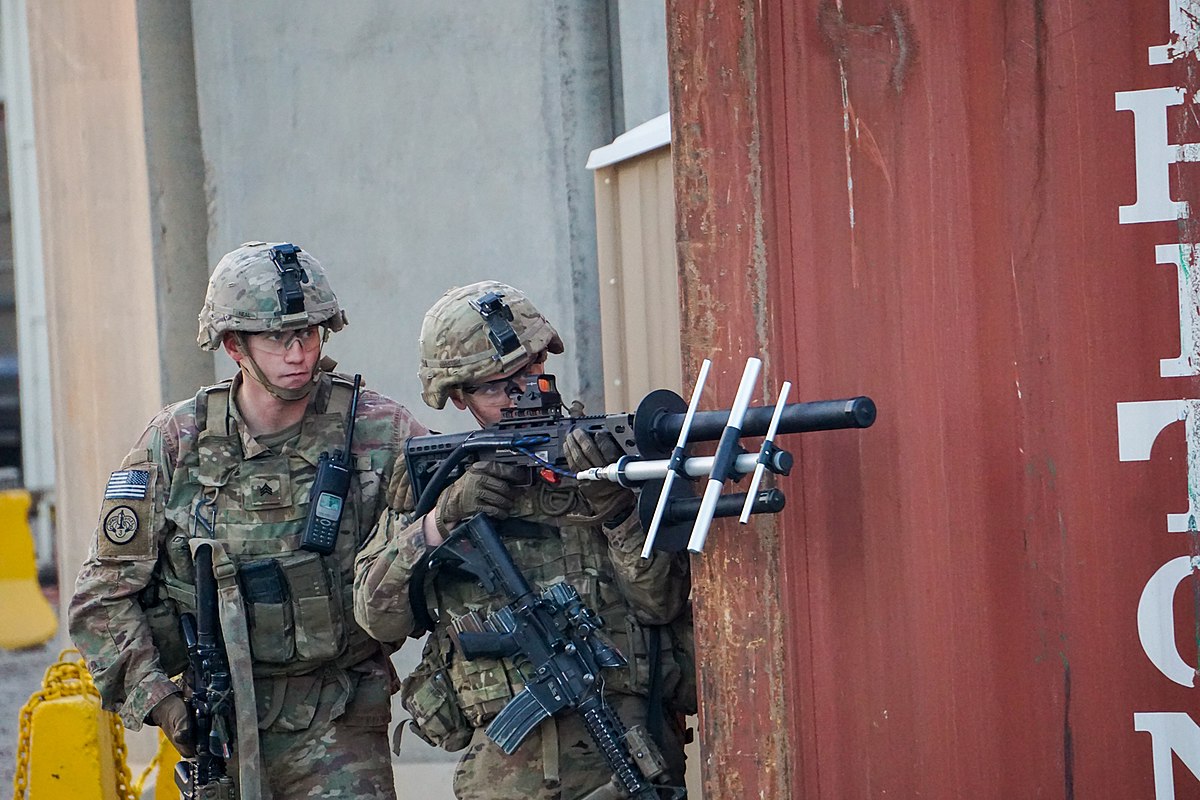
2017 ISIS Insurgency in Iraq
IraqThe Islamic State insurgency in Iraq, ongoing since 2017, follows the territorial defeat of the Islamic State (ISIS) in Iraq in late 2016. This phase represents a shift from ISIS's control over large swathes of territory to a guerrilla warfare strategy.
In 2017, Iraqi forces, with international support, recaptured major cities like Mosul, which had been an ISIS stronghold. The liberation of Mosul in July 2017 was a critical milestone, symbolizing the collapse of ISIS's self-proclaimed caliphate. However, this victory did not mark the end of ISIS activities in Iraq.
Post-2017, ISIS reverted to insurgency tactics, including hit-and-run attacks, ambushes, and suicide bombings. These attacks primarily targeted Iraqi security forces, local tribal figures, and civilians in both northern and western Iraq, areas with historical ISIS presence.
The insurgents capitalized on political instability, sectarian divides, and grievances among Sunni populations in Iraq. These factors, coupled with the challenging terrain of the region, facilitated the persistence of ISIS cells.
Significant events include the December 2017 declaration by then Iraqi Prime Minister Haider al-Abadi of victory over ISIS, and the subsequent resurgence of ISIS attacks, particularly in rural areas of Iraq. The attacks underscored the group's continued capability to inflict damage despite losing territorial control.
Notable figures in this insurgency phase include Abu Bakr al-Baghdadi, the leader of ISIS until his death in 2019, and subsequent leaders who continued to direct insurgency operations.
The Iraqi government, Kurdish forces, and various paramilitary groups, often with support from the international coalition, have been involved in counter-insurgency operations. Despite these efforts, the complex socio-political landscape in Iraq has impeded the complete eradication of ISIS influence.
As of 2023, the Islamic State insurgency in Iraq remains a significant security challenge, with sporadic attacks continuing to disrupt the country's stability and security. The situation reflects the enduring nature of insurgent warfare and the difficulty of addressing the underlying issues that give rise to such movements.
